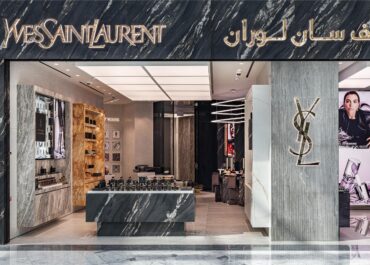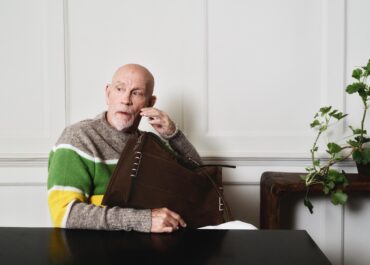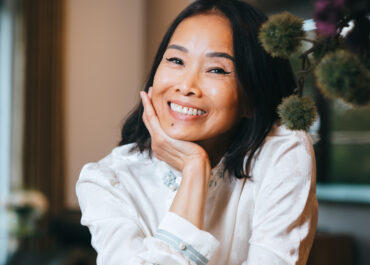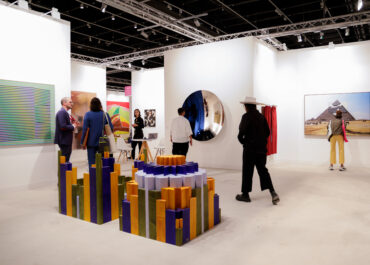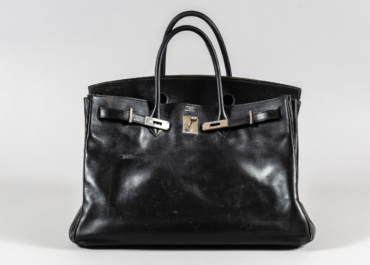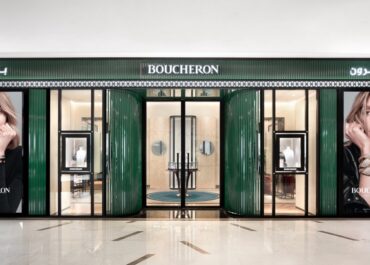Maya Chams Ibrahimchah has dedicated her life to restoring dignity where it is most at risk.
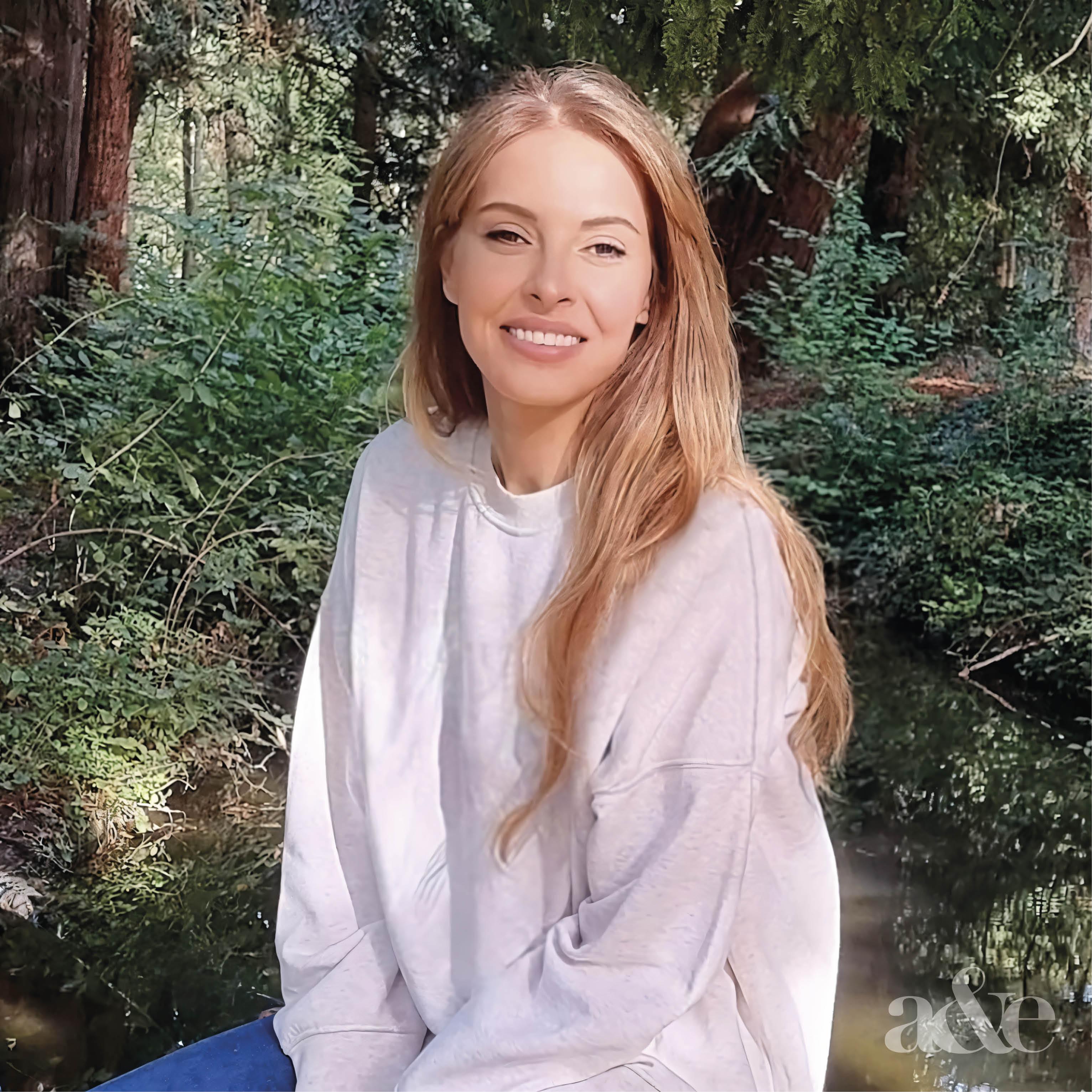
Maya Chams Ibrahimchah
As founder and president of Beit El Baraka and Beit Kanz, she has built two pioneering initiatives that work hand in hand to support Lebanon’s most vulnerable communities while preserving the country’s rich cultural heritage.
What began with a single encounter with a retired teacher who had lost everything has since grown into a movement that feeds families, empowers artisans, educates children, and sustains livelihoods across Lebanon. Here, Ibrahimchah reflects on the turning points that shaped her mission, the challenges of leading through crisis, and the enduring belief that dignity is the foundation of true empowerment.
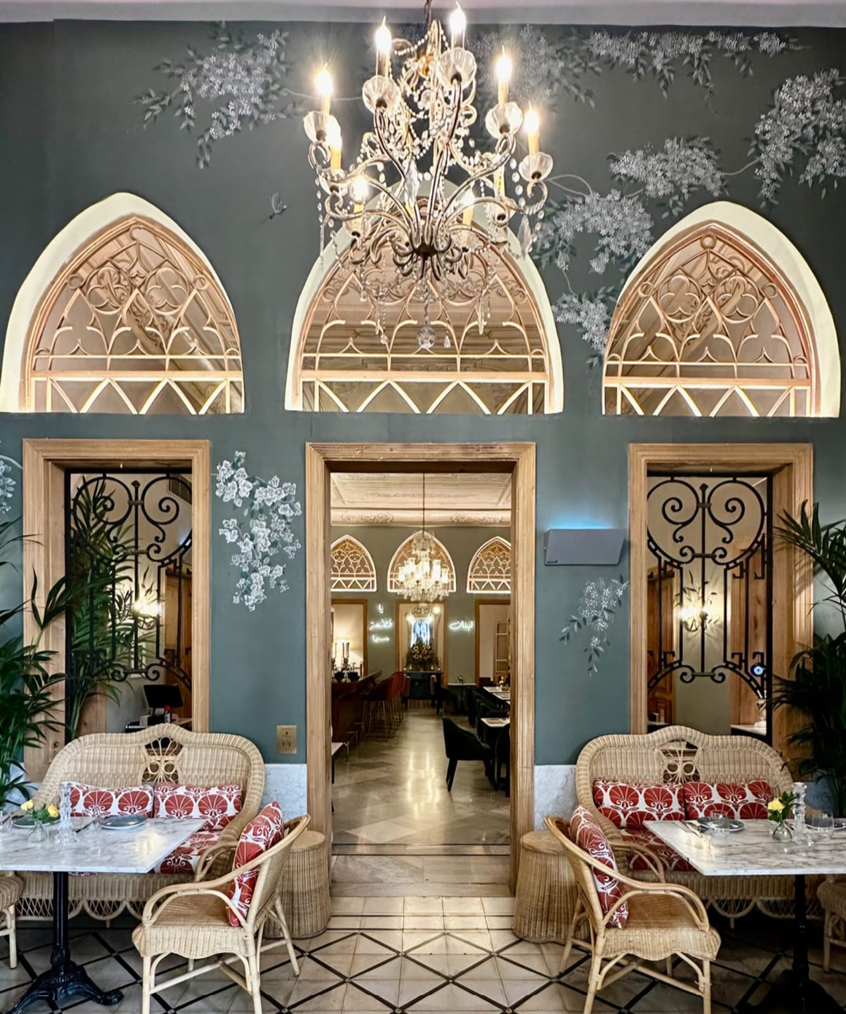
What personal experience or turning point inspired you to create Beit El Baraka, and later Beit Kanz?
In 2018, I met a retired teacher who had lost everything because there are no retirement pensions for private sector employees. After decades of service, she lost her savings, her home, her medical coverage, her sense of security, and above all, her dignity. I took her in, and together we began meeting other retirees living in similar conditions. I was deeply moved by the grace, culture, and refinement of these fine men and women, and I knew their dignity had to be restored.
That vision took shape through Beit el Baraka’s free supermarket: a warm and welcoming place where beneficiaries shop using points. This system allowed people to choose freely what they wanted, and freedom of choice means dignity. Later, we started cultivating our own fruits and vegetables, and producing milk, eggs, and other staples to guarantee access to fresh food.
Two years later, we launched Beit Kanz, not only to sustain Beit el Baraka financially but also to create jobs for families while celebrating the richness of Lebanon’s culinary and artistic heritage.
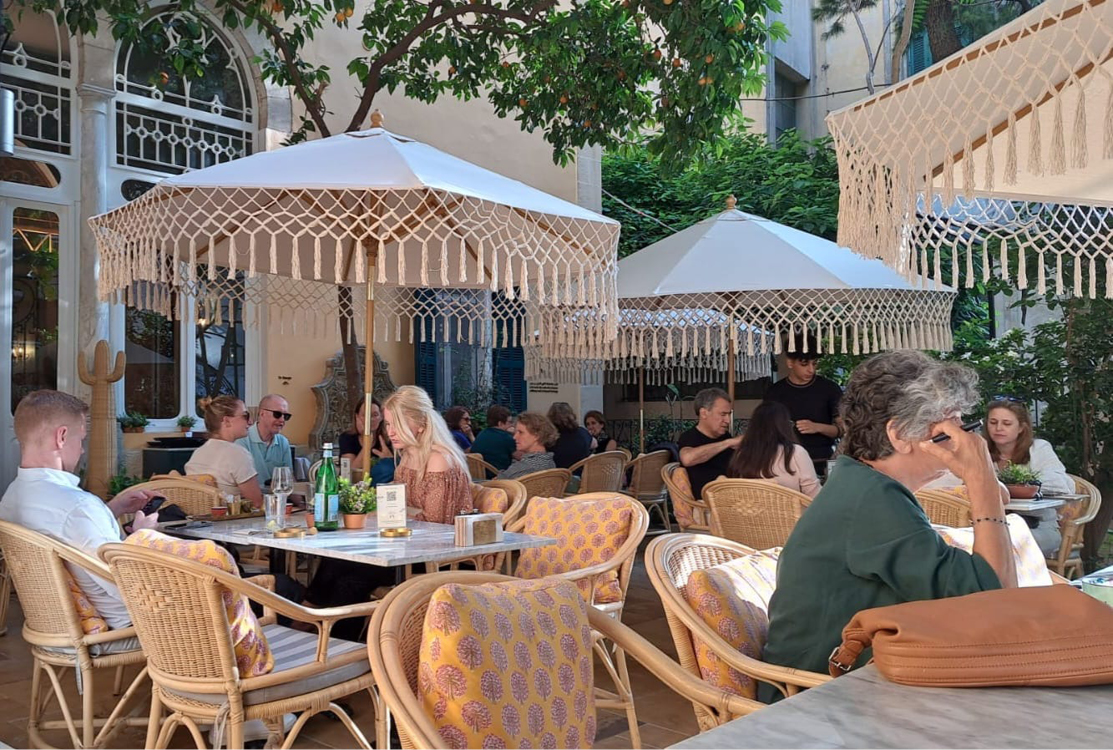
How do the missions of Beit El Baraka and Beit Kanz complement each other, and what gap were you aiming to fill in Lebanese society?
Our motto says it all: “Beit Kanz funds it, Beit el Baraka delivers it.” Both entities work hand in hand to empower communities and restore dignity through food, education, and job creation. The gap we are trying to fill in parallel was mostly related to our identity as Lebanese: In Beit el Baraka, we talk to seniors whom I consider the living memory of our undocumented history… the custodians of our collective memory. They tell us stories about our culture that we never knew. Stories related to food, crafts, and traditions. With Beit Kanz, we are trying to save whatever we can from these memories and translate them into recipes, designs, and skills. So our hidden (stolen) history is the gap.
You often emphasise dignity in aid. How do you design your programs so that people feel empowered rather than dependent on charity?
Dignity is expressed in many ways: in how you offer food, in the way you speak to someone in need, in the training you provide to help them work, in ensuring their children can access education, in covering medical bills, in providing help without conditions. But the deepest form of dignity is freedom: the freedom to choose what you eat, to learn, to work, and to earn a living.
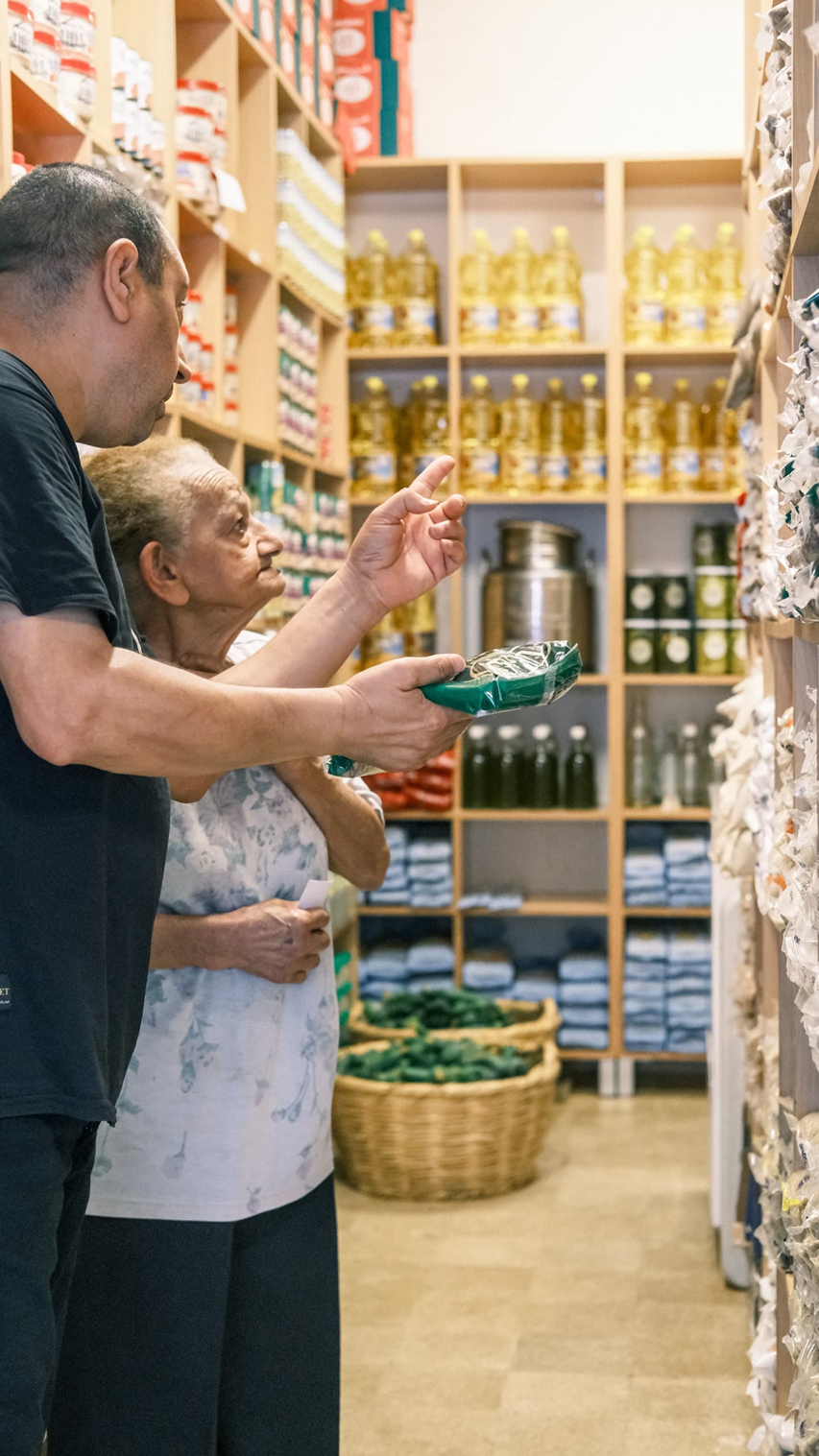
Beit Kanz focuses on rural women artisans. Can you share a story where this work transformed a woman’s life and her community?
We work with 1,200 women producers across 53 regions of Lebanon, and each story is inspiring. One that stands out is a small group of women in North Lebanon: Shadia and her cooperative of 35 rural women saw their livelihoods threatened when war damage left their workspace unsafe and production limited. So we decided to step in, and the cooperative was rehabilitated: new equipment, food-grade work surfaces, and a refurbished processing room restored safety, hygiene, and efficiency. The project also introduced a cash-for-work scheme, providing immediate income for women engaged in production and packaging while boosting the cooperative’s capacity during harvest season. Today, Shadia’s team can meet growing market demand, expand their reach, and, most importantly, secure stable, dignified employment for 35 families, strengthening both their households and the local economy.
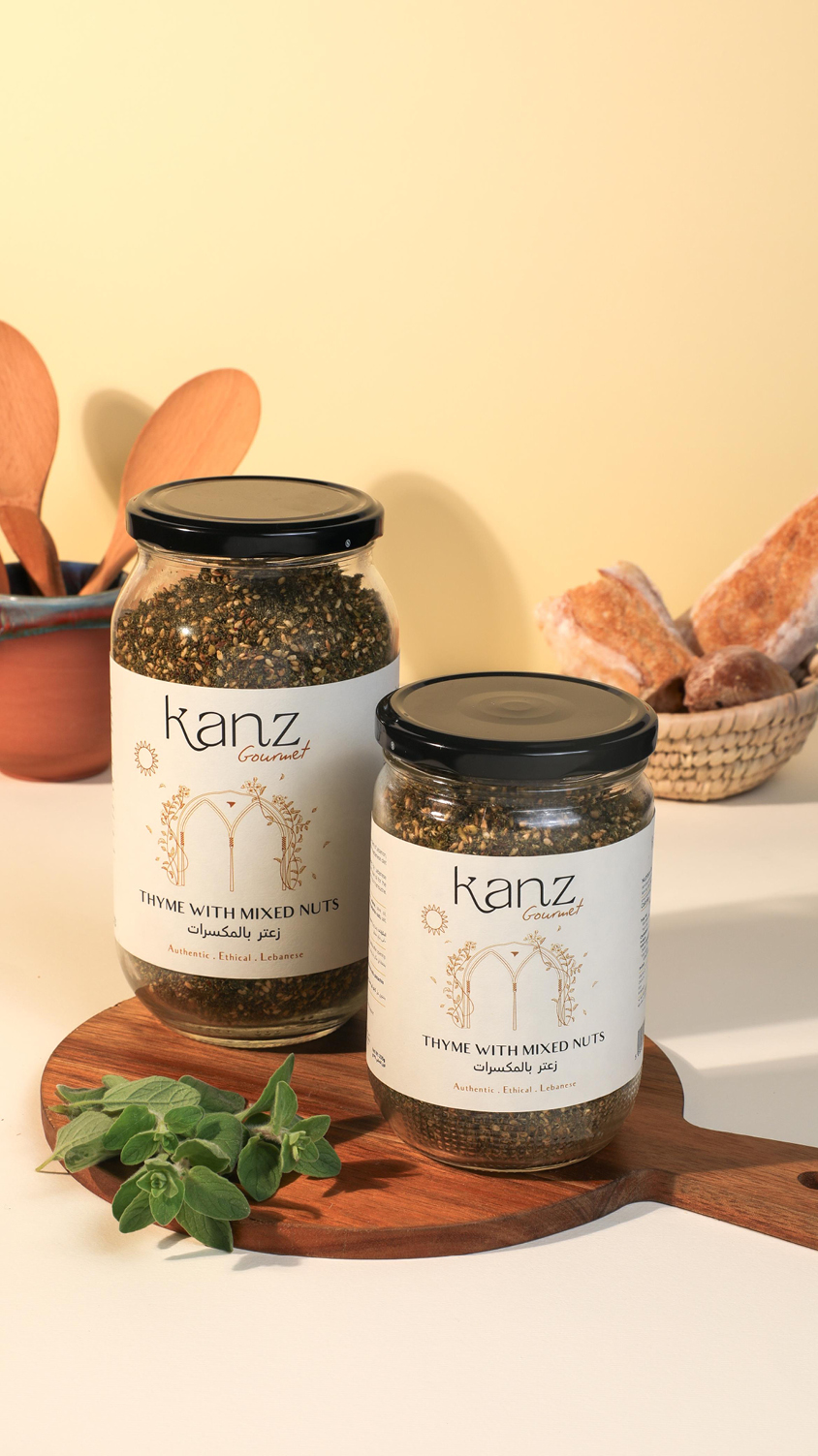
What has been your greatest challenge in running these initiatives, especially during Lebanon’s crises, and how did you overcome it?
Lebanese people are known for their adaptability. We deliver under pressure, and we do so with diligence and transparency. The biggest challenges, however, come from outside the organisation, mainly from systemic and political dysfunction.
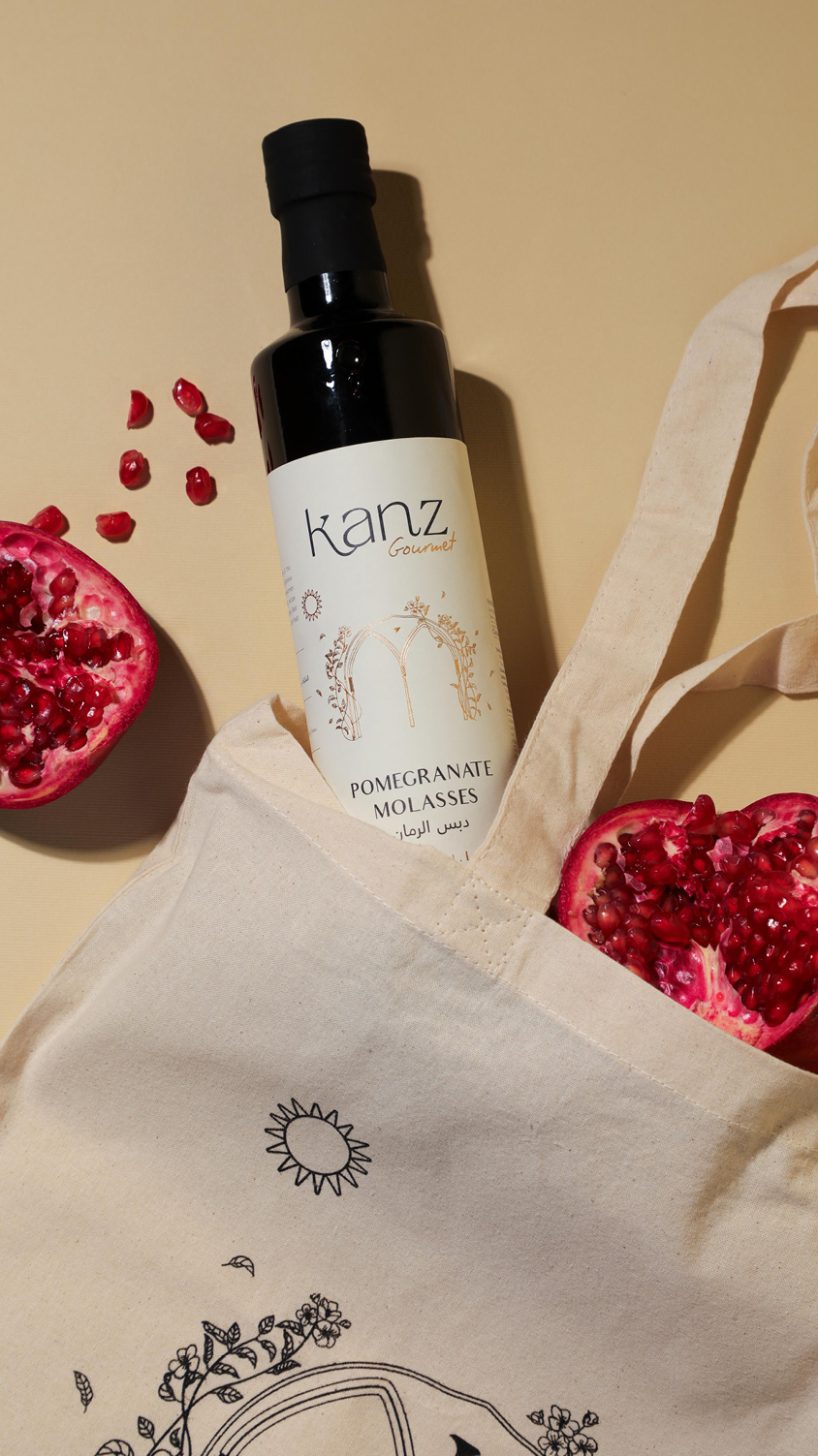
What qualities do you look for in your team, and how do you keep morale strong in such difficult circumstances?
I look for kindness and strong education. Kindness is the highest form of human evolution, and when it’s paired with education, you have a powerful combination. Our team leaders are exceptional humanitarians with a big heart and a strong head on their shoulders. This is what makes them unique, and they are the force behind Beit el Baraka and Beit Kanz. The CEO and I focus on keeping morale high through empowerment, encouragement, training, and team-building. At Beit el Baraka and Beit Kanz, everyone feels safe, even amid crises and war, because they know we stand firmly behind them and their families.
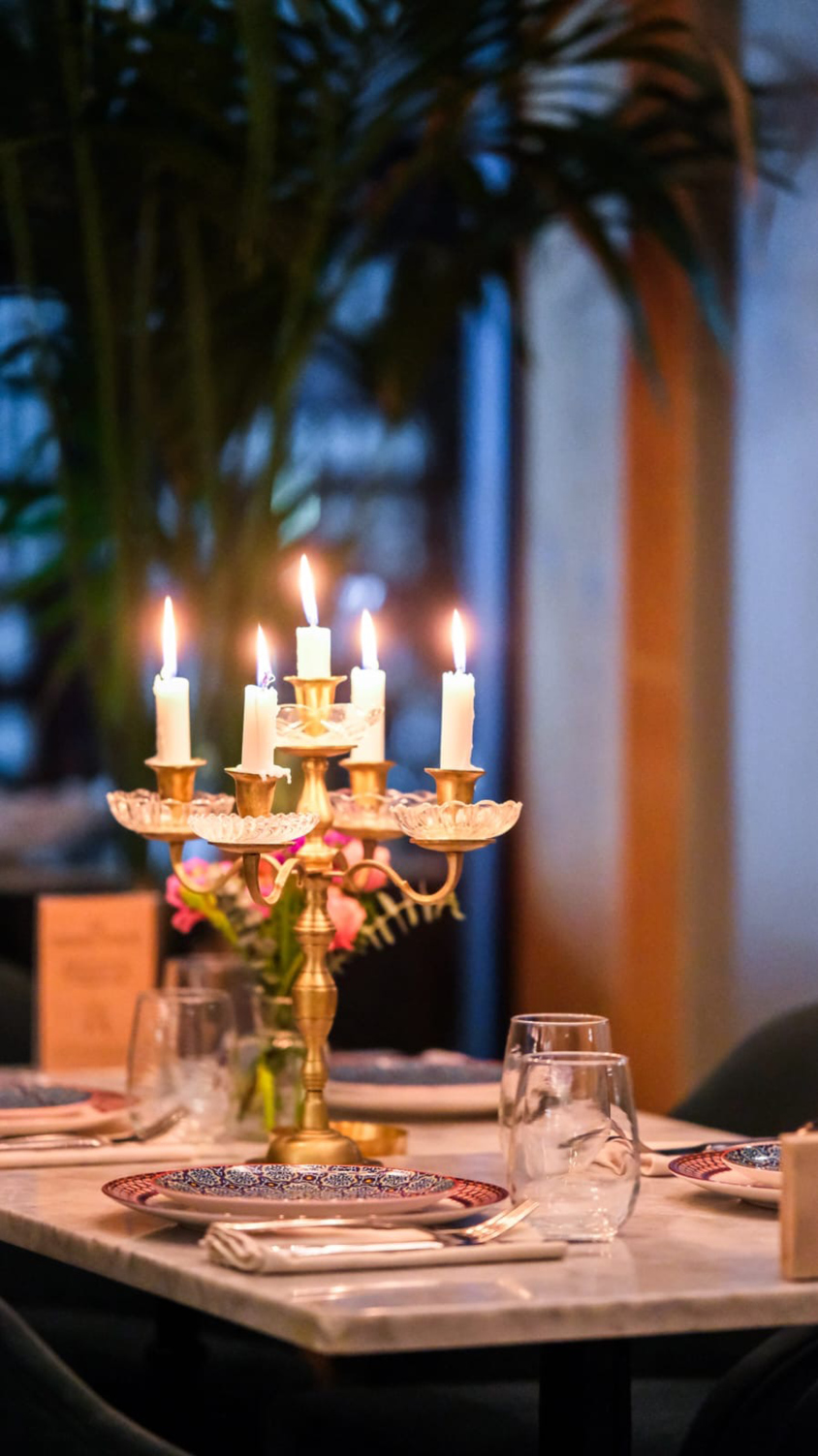
How do you measure the impact of your work, beyond numbers? What signals tell you you’re truly making a difference?
For us, success is measured at the human level. It’s when vulnerable people feel safe, when children return to school, when classrooms reopen, when technology reaches underprivileged schools, when women achieve financial independence, and when artisans reopen their workshops. When small producers access new markets, and when people find jobs. When dignity is restored and communities are empowered. While we operate at scale, we always make sure to remain close to our beneficiaries, keeping direct human interaction at the heart of everything we do.
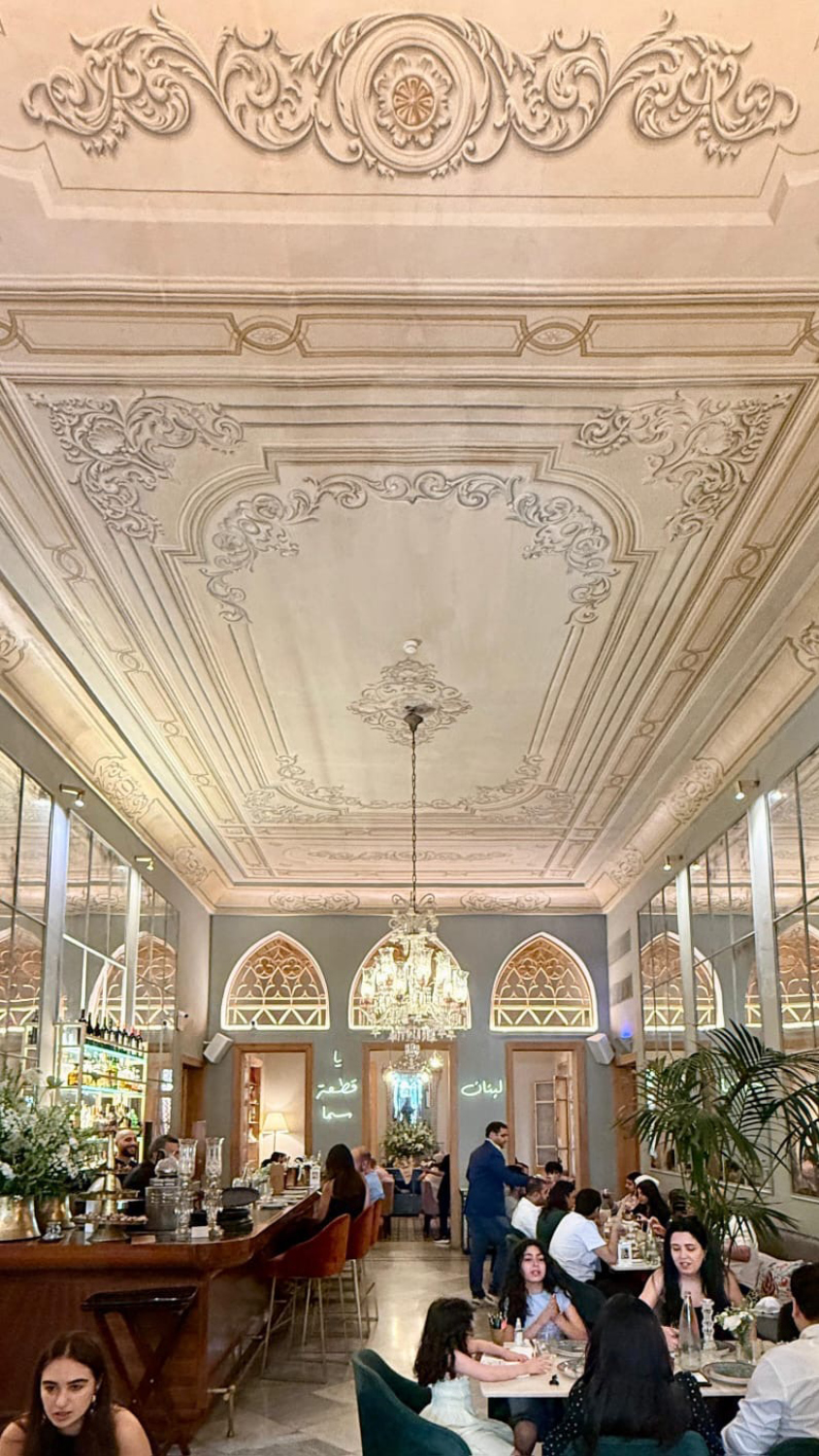
Managing both an NGO and a social enterprise is ambitious. What synergies have you found, and what tensions or trade-offs have you faced?
The complementarity between both organisations is what makes the model work. Beit el Baraka produces vegetables, fruits, dairy, and eggs on its farms that are distributed in the free supermarket. Beit Kanz purchases 10% of this production, which helps cover salaries and sustain the farming project. Later, food left-overs from the restaurant are turned into compost and sent back to the farm, closing the loop. The main challenge we faced was finding talent. After Lebanon’s successive crises, many skilled people left the country. Recruiting for key positions, such as an Executive Chef, Restaurant Manager, or Marketing Manager, was extremely difficult. Opening a restaurant during a national crisis was a risk in itself. Then came the war, and many of our artisans and small producers were displaced, losing their workshops and farms. These disruptions are devastating because you can’t build forecasts or business models without security, stable infrastructure, or purchasing power. Yet, Lebanon has an extraordinary ability to rise again, and we rise with it.
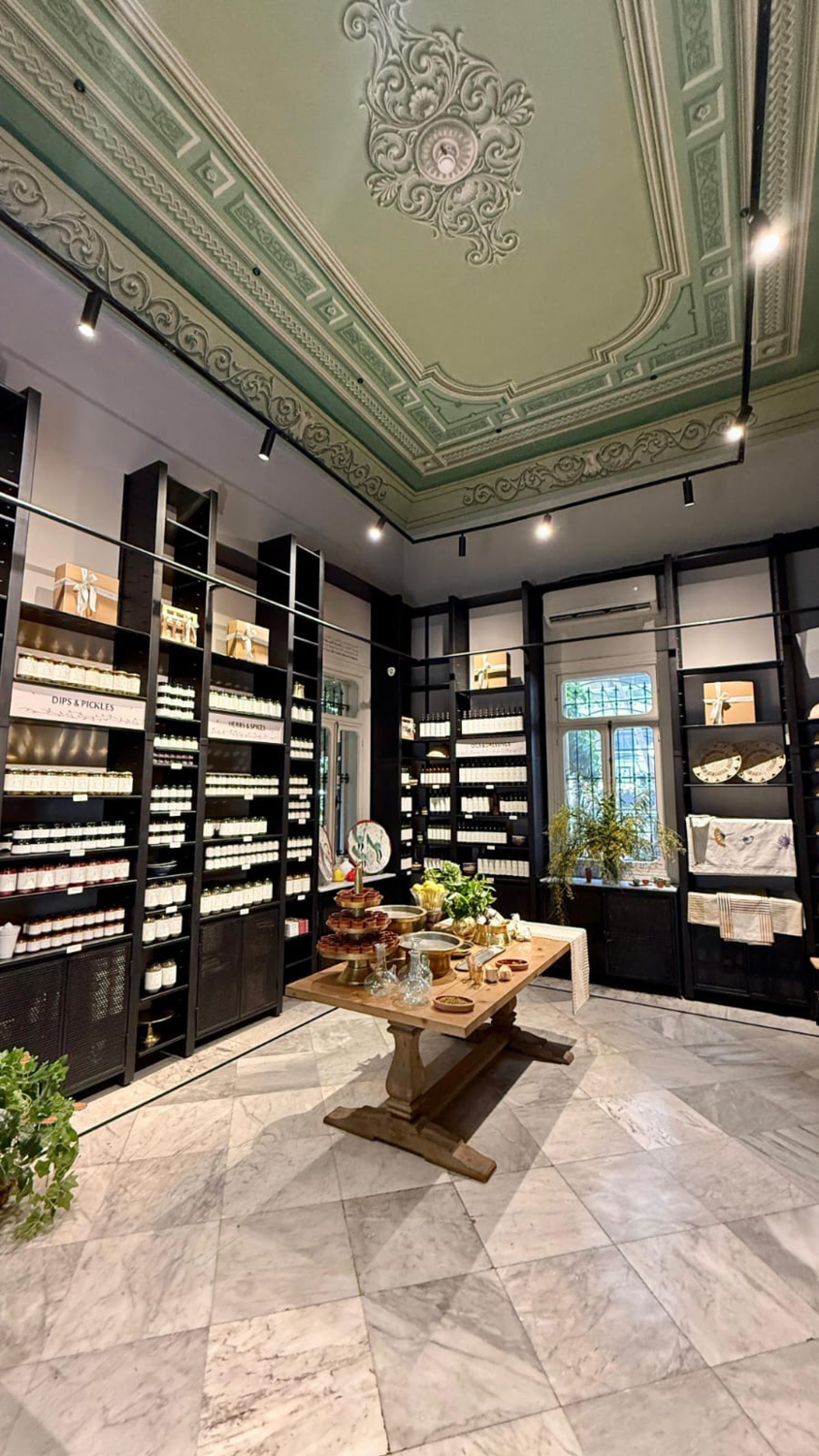
In Lebanon’s unstable economic climate, how do you build long-term sustainability into your models?
In a short time, we mastered crisis management and emergency response, which taught us how to navigate even in the roughest waters. Our goal is to be fully sustainable by 2027. We are nearly there, with clear long-term plans in place. To reach this goal, we continue to analyse local and regional developments carefully and adapt accordingly.
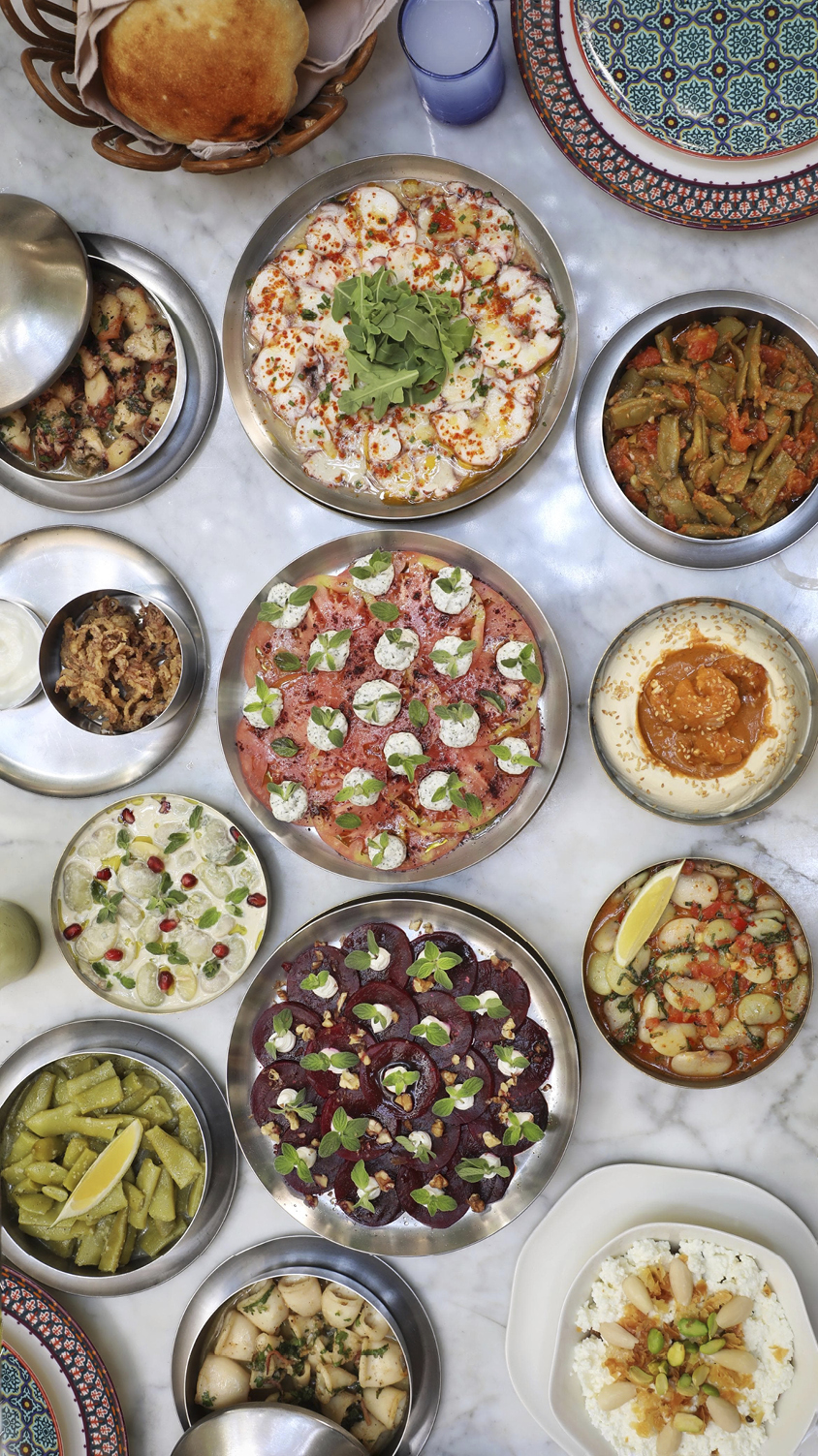
Looking 5 to 10 years ahead, what legacy do you hope Beit El Baraka and Beit Kanz will leave for Lebanon and beyond?
We aim to create a replicable model for the private sector, one that proves businesses can serve the greater good. Together, our organisations already support nearly 300,000 people and 35,000 students, close to 6% of Lebanon’s population. In 10 years, I hope Lebanon (and the world) will understand that when citizens pay taxes, the private sector should not have to shoulder responsibilities that belong to the public sector. Until then, we will continue to fill that gap.
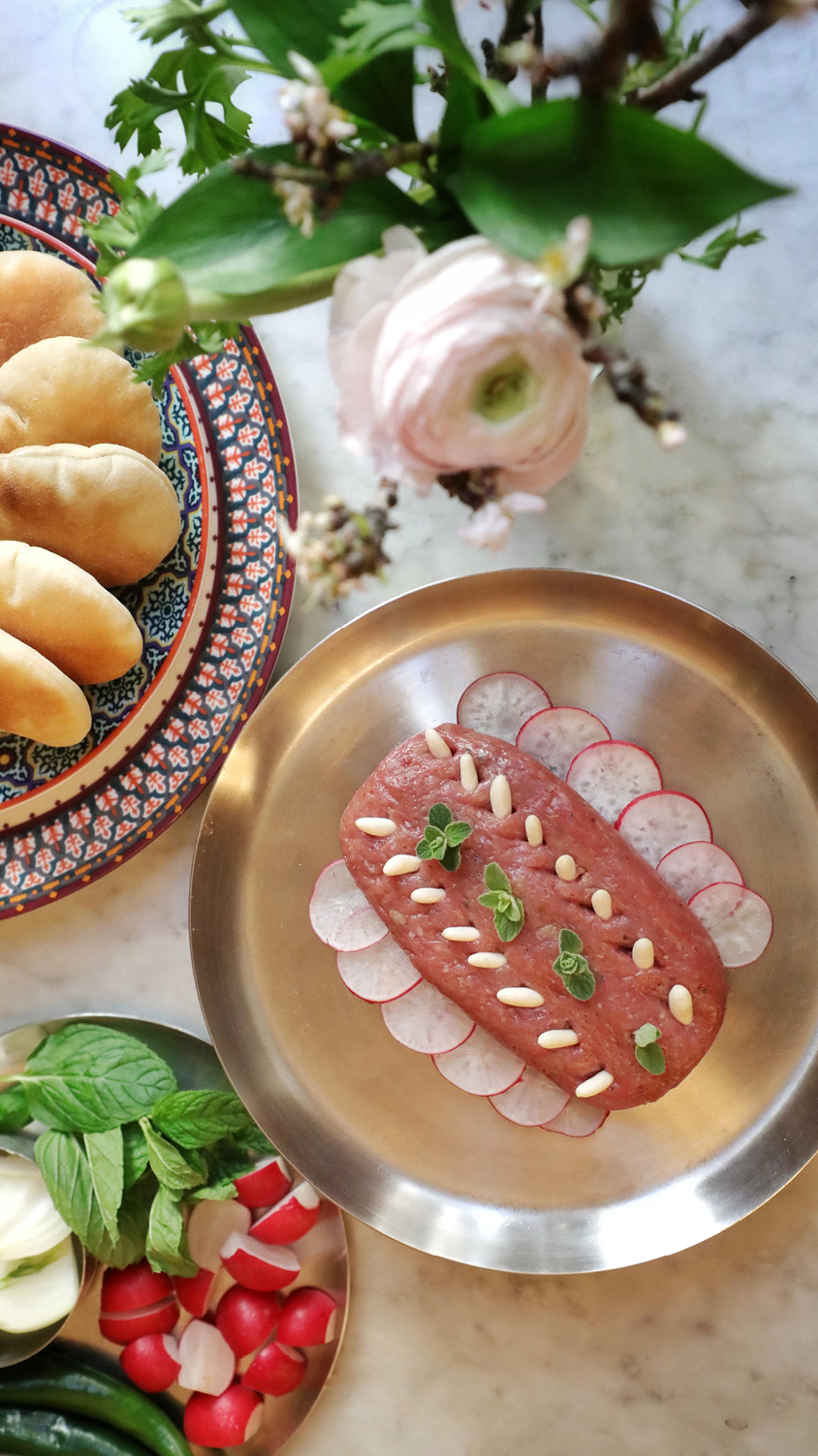
If there’s one message you’d like to leave with people listening today, what would it be?
Don’t donate. Invest. Invest in Lebanon’s people. They want to work, and this country has everything it needs: fertile land, a perfect climate, skilled hands, and brilliant minds. What we lack is a system. And until that system is fixed, we need partners who believe in our capacity to create, produce, grow and export.



